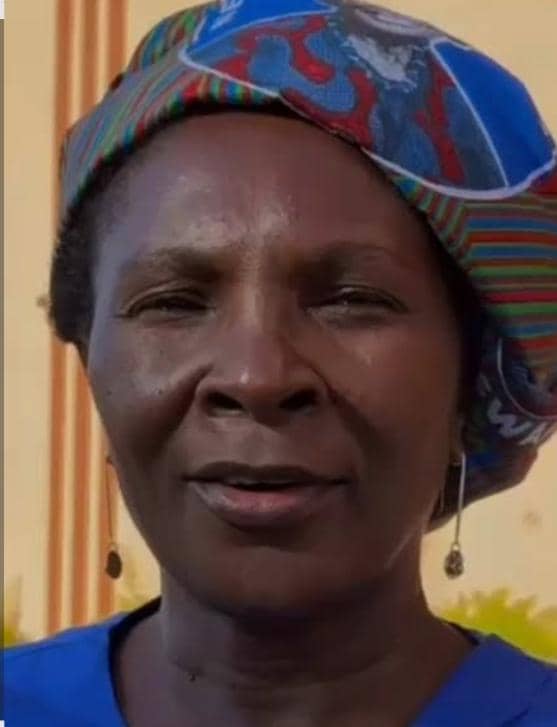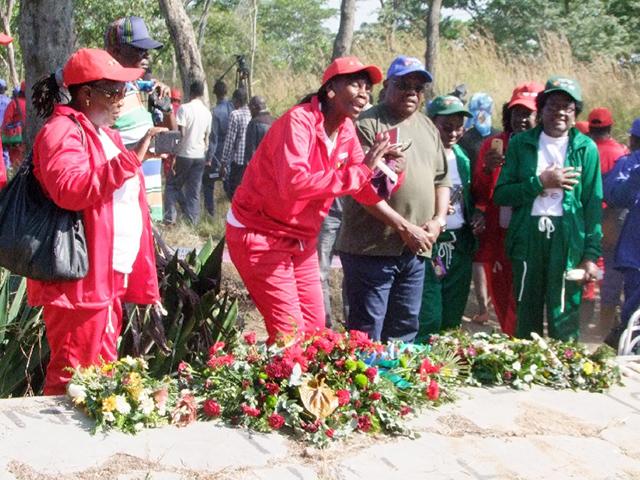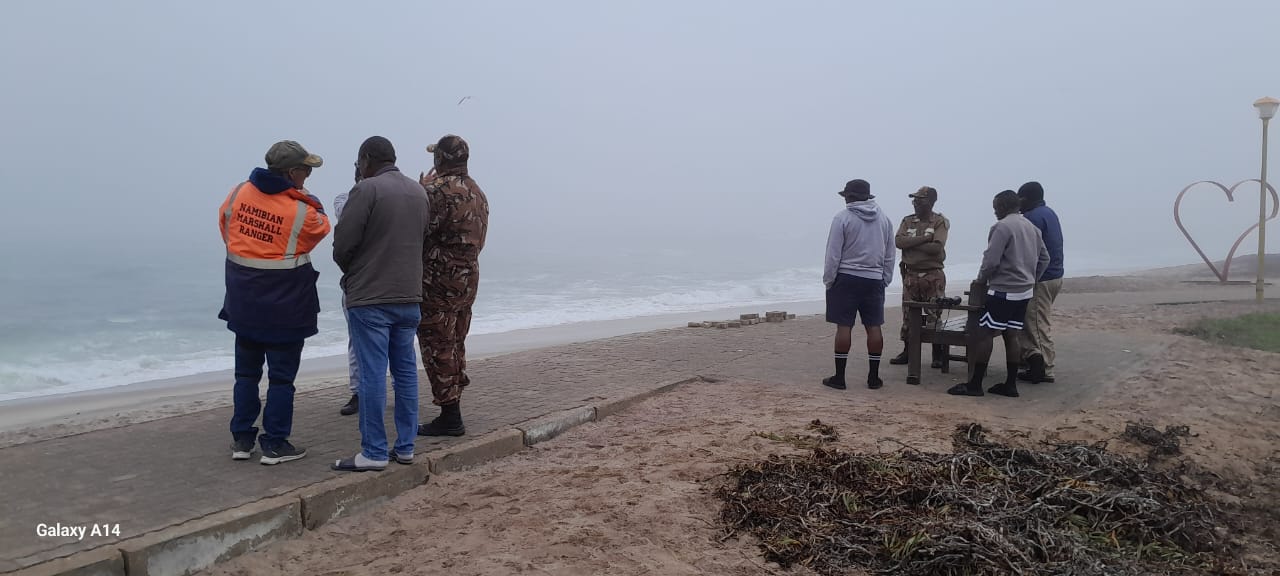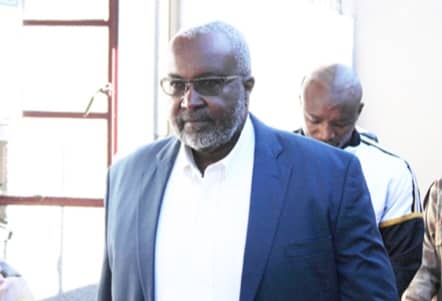CARACAS – Venezuela is likely to experience rising inflation and limited financing from abroad when President Hugo Chavez takes control of US$12 billion in international reserves, analysts said over the weekend.
Chavez said Friday the Central Bank is in the process of handing over 28 per cent of its nearly US$42 billion in reserves to the government in a bid to maintain broad social spending as oil prices fall.
Venezuela – which relies on oil for nearly half the government’s budget – has seen world oil prices fall more than 70 per cent from July’s record highs.
Former Central Bank director Domingo Maza Zavala warned that Venezuela will have difficulty obtaining international financing as the credit market contracts and its diminishing international reserves warn off investors.
Even though Venezuela’s vast oil reserves work as collateral, international reserves reflect on the country’s ability to repay, he said.
‘The guarantee that we can call instrumental is the reserves,’ Maza Zavala said. ‘The bigger these reserves are in relation to external debt, the more confidence international creditors will have.’
Under a reform enacted by Chavez four years ago, the Central Bank is obliged to fix an optimal level of international reserves and turn over the rest to a social development fund known as Fonden each year. Some economists and Bank directors contested the decision, saying it hurts the Central Bank’s autonomy.
Caracas-based economist Pavel Gomez said the remaining US$30 billion in optimal reserves established by the bank may not be sufficient to finance debt payments and dollar-denominated imports if the economic situation deteriorates.
An optimal level of reserves ‘would probably be much higher this year than previous years,’ Gomez said.
Economist Asdrubal Oliveros said Venezuela has a relatively strong cushion to weather the financial crisis this year – with billions of dollars distributed between various investment funds.
But if the government taps these funds for social spending – as it has suggested it will do – ‘this will have a very strong, very prolonged effect on inflation,’ he said.
Venezuela already has the highest official inflation rate in Latin America – closing 2008 at 30,9 per cent. Many economists expect even greater inflation this year, as the Finance Ministry aims for 15 per cent.-Nampa-AP
Stay informed with The Namibian – your source for credible journalism. Get in-depth reporting and opinions for
only N$85 a month. Invest in journalism, invest in democracy –
Subscribe Now!










